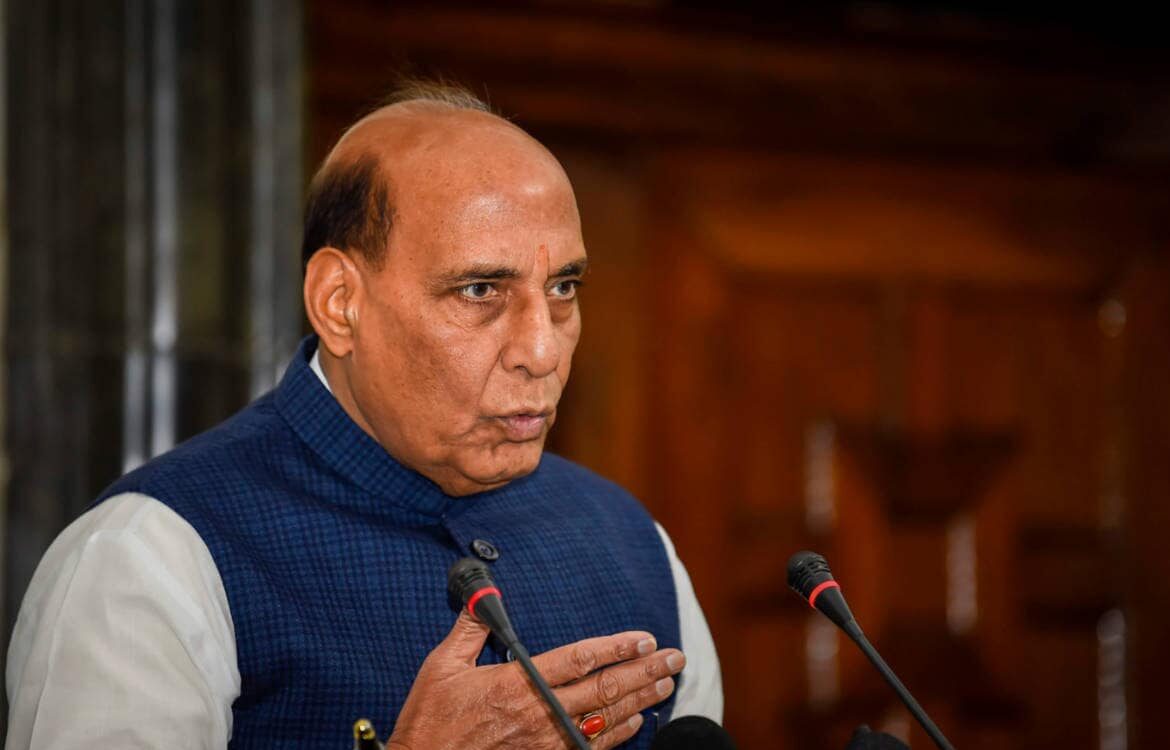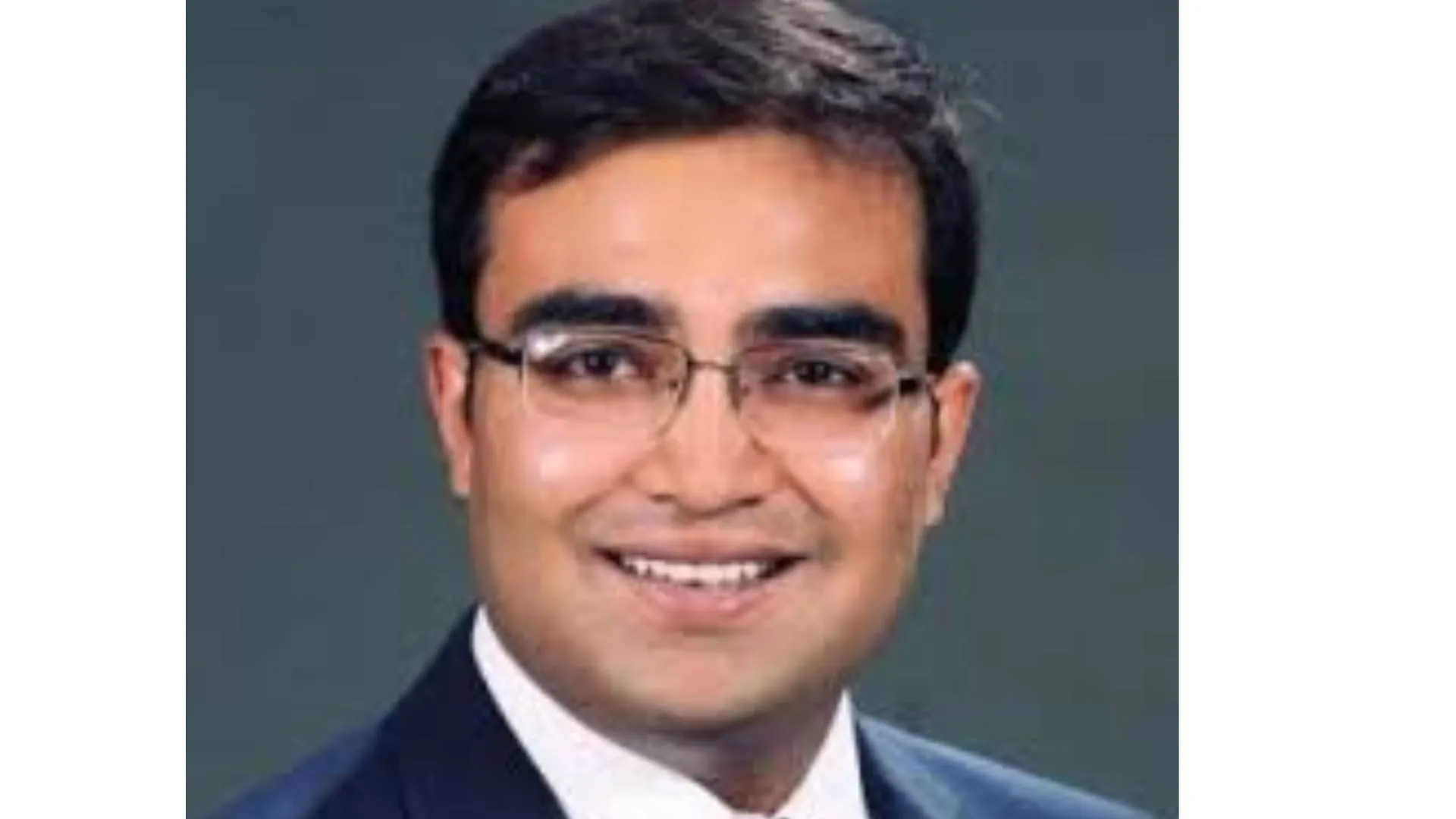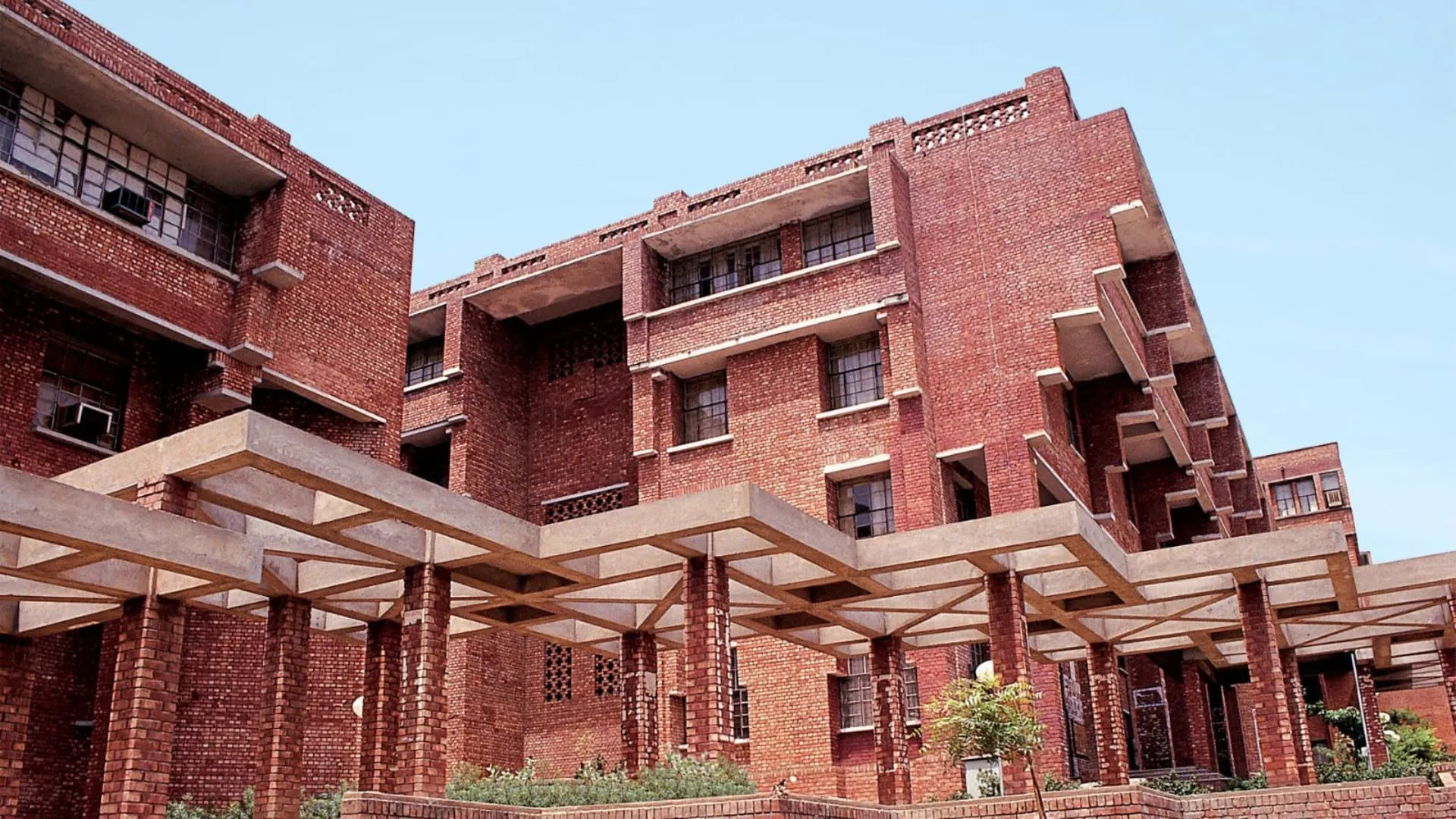Rajnath Singh, the Union Defense Minister, stated on Thursday that the gap between internal and foreign security was closing and that new dimensions of security threats were emerging that were getting harder to categorise.
Defense Minister Rajnath Singh underlined his concern about “non-kinetic” and “non-contact” warfare during his speech to the National Defense College’s convocation in Delhi.
“We are facing such security threats, which fall into the category of non-kinetic and non-contact warfare. Cyberwarfare and information warfare are such security threats. The vulnerability of critical infrastructure to cyberattacks has become a big concern. “
Critical infrastructure like power generation and distribution is increasingly becoming more complex and reliant on networks of connected devices,” said Rajnath Singh.
Along with transportation, telecommunications, essential manufacturing industries, and public sector services, Singh pointed out that the energy industry is one of the main targets of cyberattacks.
“With the changing times and society, the dimensions of security have also changed. The gap between internal and external security is getting narrower. New dimensions of security threats are emerging, that are becoming increasingly difficult to classify,” Singh said, adding that the energy sector is one of the main targets of cyber-attacks, along with transport, public sector services, telecommunications, and critical manufacturing industries.
In his discussion of fake news spreading via social media, Singh noted that it is unknown how much fake news and hate speech are likely to enter society via these channels.
“The organised use of social media and other online content generation platforms is being used to engineer the opinion or perspective of the masses. The deployment of information warfare was most evident in the ongoing conflict between Russia and Ukraine,” he noted.
The dilemma of security will be resolved, according to Singh, by working toward shared and collective responsibility among the community of civilised nations.
He added that our political stability may be threatened by the information war.
“Together, Russia and Ukraine export nearly a third of the world’s wheat and barley, but this conflict had prevented grain from leaving the “breadbasket of the world” and led to a food crisis in various African and Asian countries and also fuelled an energy crisis in the world.
The availability of gas and oil has been declining in Europe. As a result of the interruption in the global energy supply brought on by the Russia-Ukraine conflict, energy imports into India have also been negatively impacted, according to Singh.
A powerful and successful India, according to the defence minister, will not be created at the expense of other countries; rather, India is here to assist other countries in realising their full potential.
“When we partner with any nation, it is on the basis of sovereign equality and mutual respect. Forging relations comes naturally to India, as we work towards mutual economic development. Enlightened self-interest of nations can be promoted within the framework of strategic morality, which is predicated on the understanding and respect for the legitimate strategic imperatives of all the civilised nations,” Singh further added.























